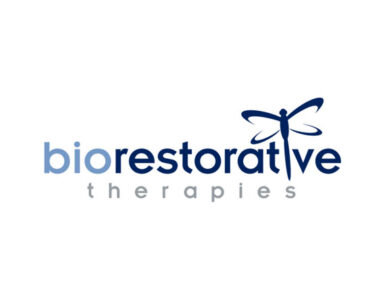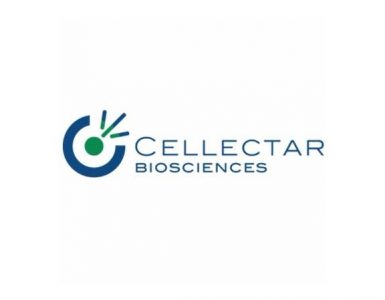Profound Medical (TSX:PRN; OTCQX:PRFMF) reported positive top line results from the TACT pivotal study designed to support its application to the FDA for 510(k) clearance to market TULSA-PRO in the U.S.
The TULSA-PRO medical device combines real-time MRI, thermal ultrasound and closed-loop temperature feedback control for the radiation-free ablation of diseased tissue.
The TACT study enrolled 115 patients with biopsy-proven, organ-confined prostate cancer across 13 research sites in the U.S., Canada and Europe. Primary and key secondary endpoints are determined at 12 months post-treatment, but patient quality of life and disease control will be followed for five years. The median age of enrolled patients was 65 years and the median prostate-specific antigen (PSA) level was 6.3 ng/ml.
The FDA-approved protocol’s pre-established performance goal for the success proportion was 50% of patients. In the TACT trial, the median PSA reduction was 94.9% and 95.7% of patients (110 out of 115) achieved the PSA reduction endpoint.
In the TACT study, serious adverse events occurred in 7% of patients, which were all resolved. In addition, 7.8% of patients experienced a severe (Grade 3) adverse event, which also were all resolved. There was no rectal injury or fistula, and no Grade 4 adverse events.
Additional secondary endpoints of TACT focused on functional side effects commonly associated with current prostate cancer therapies, such as erectile dysfunction and urinary incontinence.
At 12 months, no patient experienced severe erectile dysfunction that couldn’t be treated with medication. Regarding urinary function at 12 months, there was 99.1% preservation of urinary continence and a 96.2% rate of leak-free continence in the TACT study.
A supplemental analysis can be viewed here.
Detailed results from the TACT study will be presented during the American Urological Association’s 2019 plenary program May 3-to-6 in Chicago.
“Positive outcomes from TACT are very encouraging for this population with organ-confined prostate cancer,” Dr. Scott Eggener, chief investigator of the TACT study, and director of the prostate cancer program at the University of Chicago, said in a statement.
The TACT study easily met its primary endpoint of PSA reduction in 96% of patients, with low rates of severe toxicity and residual clinically significant Grade Group 2 disease, he added.
“These findings are meaningful since the majority of patients enrolled had intermediate-risk prostate cancer,” Dr. Eggener said. “Given these positive TACT results and the ability to customize treatment based on real-time MR images, I believe there is a significant population of men with prostate cancer who may be well-suited for treatment with TULSA-PRO.”

Dr. Christian Pavlovich, director of urologic oncology at Johns Hopkins Bayview Medical Center, said the TACT study demonstrated that treatment with TULSA-PRO provides safe and effective prostate tissue ablation, with little impact on men’s functional ability, compared with well-established treatment modalities such as radical prostatectomy and radiation therapy.
“Twelve months after TULSA, my patients are all doing well, are delighted with their quality of life, and do not have any residual GG2 or worse disease,” he added.
Dr. Pavlovich said that based on these positive TACT results and the inherent flexibility of TULSA-PRO as a surgical tool, “should clearance in the U.S. be obtained from the FDA, TULSA-PRO has the potential for quick acceptance and adoption by urologists.”
Arun Menawat, Profound’s CEO, said the company plans to file a 510(k) application with the FDA for TULSA-PRO by the end of the second quarter of 2019.
Mackie Research analyst, Andre Uddin, raised his price target for Profound to $2.15 (Canadian) from $1.10, pointing out that TULSA-PRO has much better safety data than competing treatments.
Rahul Sarugaser, an analyst with Paradigm Capital, who reiterated his “buy” rating and $4 price target, said the market has been waiting for confirmation of three key outcomes from the TACT study.
He said these include confirmation of earlier primary endpoints, with TACT demonstrating a 95% median reduction in PSA and 96% of patients meeting the PSA threshold endpoint; important erectile dysfunction outcomes that can be easily treated with Viagra or Cialis, making treatment with TULSA-PRO “far safer, which we anticipate should drive robust adoption”; and an “excellent outcome” in terms of urinary incontinence, compared with prostatectomy and radiation.






